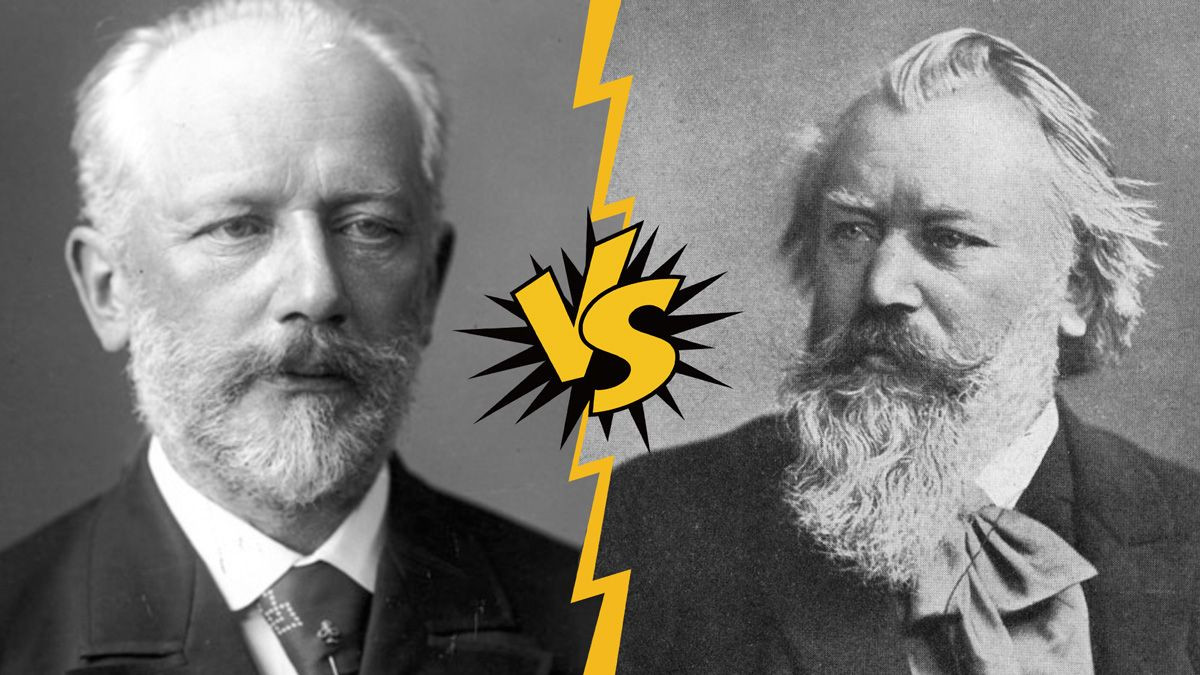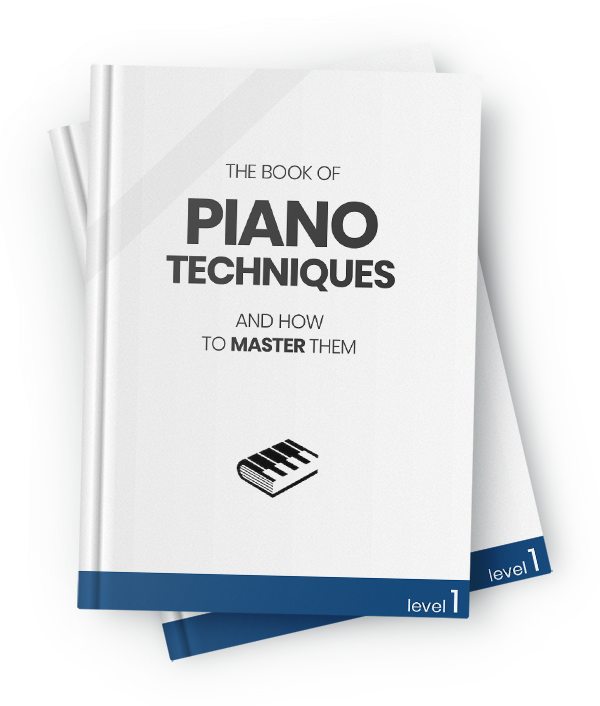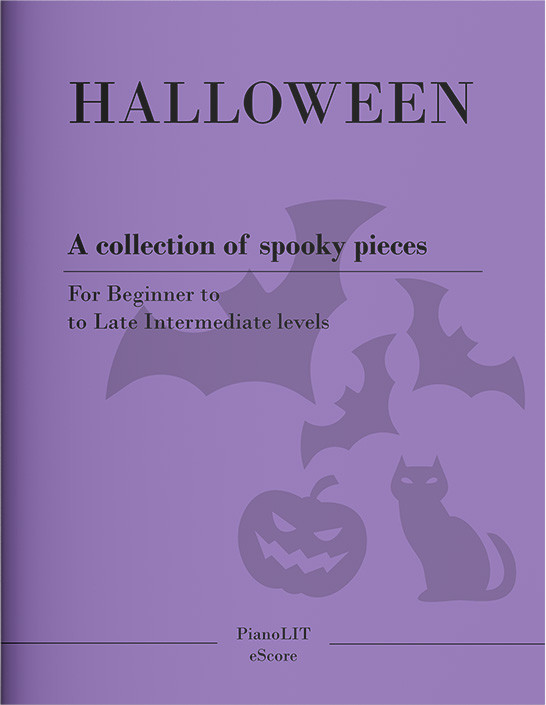Tchaikovsky vs Brahms: a story of music and rivalry
Both composers, ironically born on the same day May 7th, never missed a chance to express their disdain for each other's music. Let's have a look at some of what they had to say!
May 7, 2020 • 5 min read
12727

Want a heads up when a new story comes out?
Today we regard both composers two of the great masters of classical music and might be surprised to learn that, back then, they disliked each other's music and personalities. However, if when analyze their compositions and look at their views on art and music, that rivalry isn't much of a surprise after all.
Brahms was a staunch conservative and classicist. He strongly believed in absolute music, a term that we use today to refer to music that finds its beauty primarily in form, structure, and complex relationships. Not that composers of such music wouldn't care about beautiful melodies or catchy tunes, but they would always surround them with a strong and labored structure.
Tchaikovsky, on the other hand, believed much more in inspiration and that music should primarily express our emotions. In a letter to his lifelong patron and friend Nadezhda Von Meck, when asked if he had a specific program in mind while writing a symphony, he wrote that "music has far richer resources of expression and is a more subtle medium into which to translate the thousand shifting moments in the soul's mood".
Upon looking through Brahms' Violin Concerto, just a few years after its publication in 1878, Tchaikovsky wrote:
Brahms as a musical personality is antipathetic to me. I can't abide him. No matter what he does, I remain unmoved and cold. This is an entirely instinctive reaction.
About the same concerto, Tchaikovsky famously wrote that:
It is like a splendid pedestal for a column, but the actual column is missing, and instead, what comes immediately after one pedestal is simply another pedestal.
In a conversation with violinist Iosif Kotek Brahms' 5th Symphony, the Russian composer said:
A composer the Germans praise to the skies. He has no charms for me. I find him dark, cold, and pretentious, but lacking real profundity.
In his diary, Tchaikovsky wrote that:
It angers me that this conceited mediocrity is regarded as a genius. Brahms is a celebrity; I’m a nobody. And yet, without false modesty, I tell you that I consider myself superior to Brahms. So what would I say to him: If I’m an honest and truthful person, then I would have to tell him this: ‘Herr Brahms! I consider you to be a very untalented person, full of pretensions but utterly devoid of creative inspiration. I rate you very poorly and indeed I simply look down upon you.
Brahms wasn't quite as vocal about Tchaikovsky, but he most likely shared similar views for the Russian composer. Brahms reportedly fell asleep during a rehearsal for Tchaikovsky's Fifth Symphony (although he also did that upon hearing the première of Liszt's B minor Sonata).
The two great composers met on January 1st, 1888, in a rehearsal of one of Brahms' trios. Tchaikovsky wrote about the meeting and described how "Brahms was doing his best to be friendly".
While their music was very different, both composers ended up creating a vast repertoire of masterpieces that have been inspiring and captivating audiences around the world ever since. Which one is your favorite?
- Tchaikovsky by Weinstock Herbert - https://archive.org/details/in.ernet.dli.2015.209658/mode/2up
- Johannes Brahms, A Biography by Jan Swafford


